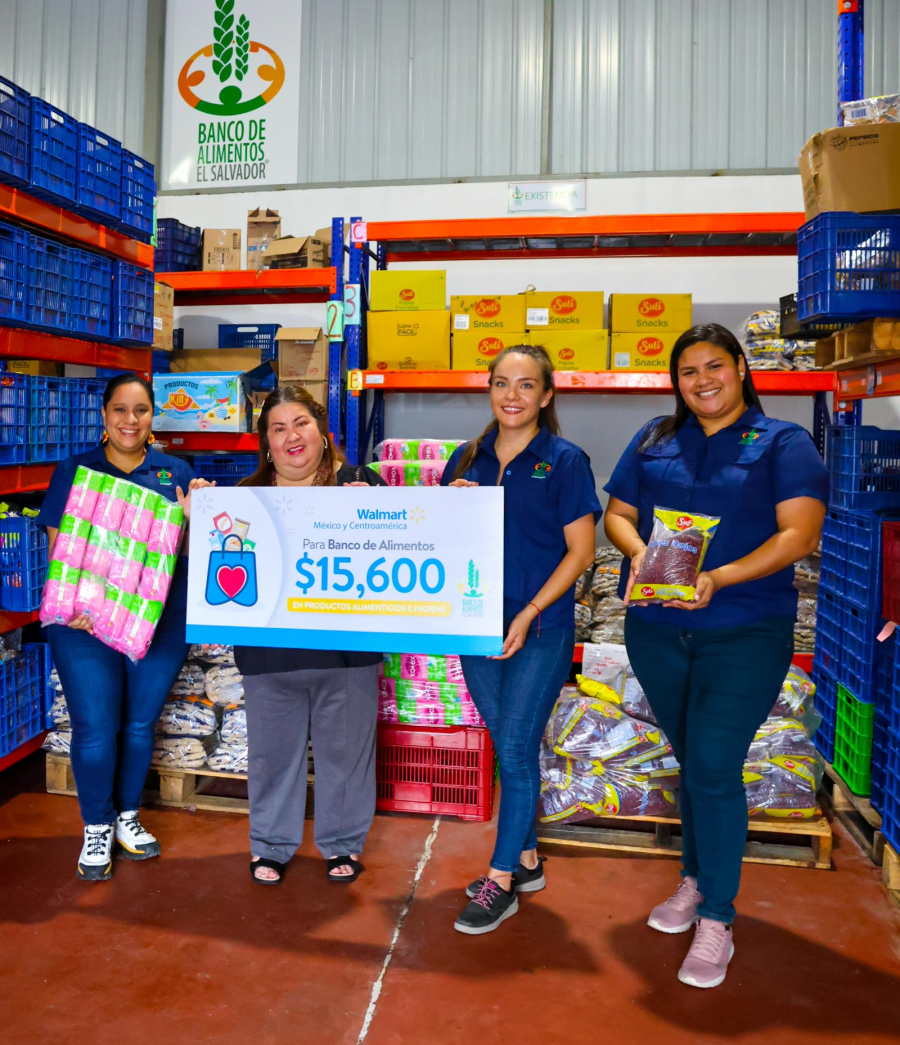The company addresses sustainability through a regenerative model that includes mitigating waste generation, reducing greenhouse gas emissions, the development of projects with commercial partners, and certified raw materials for its own brands.
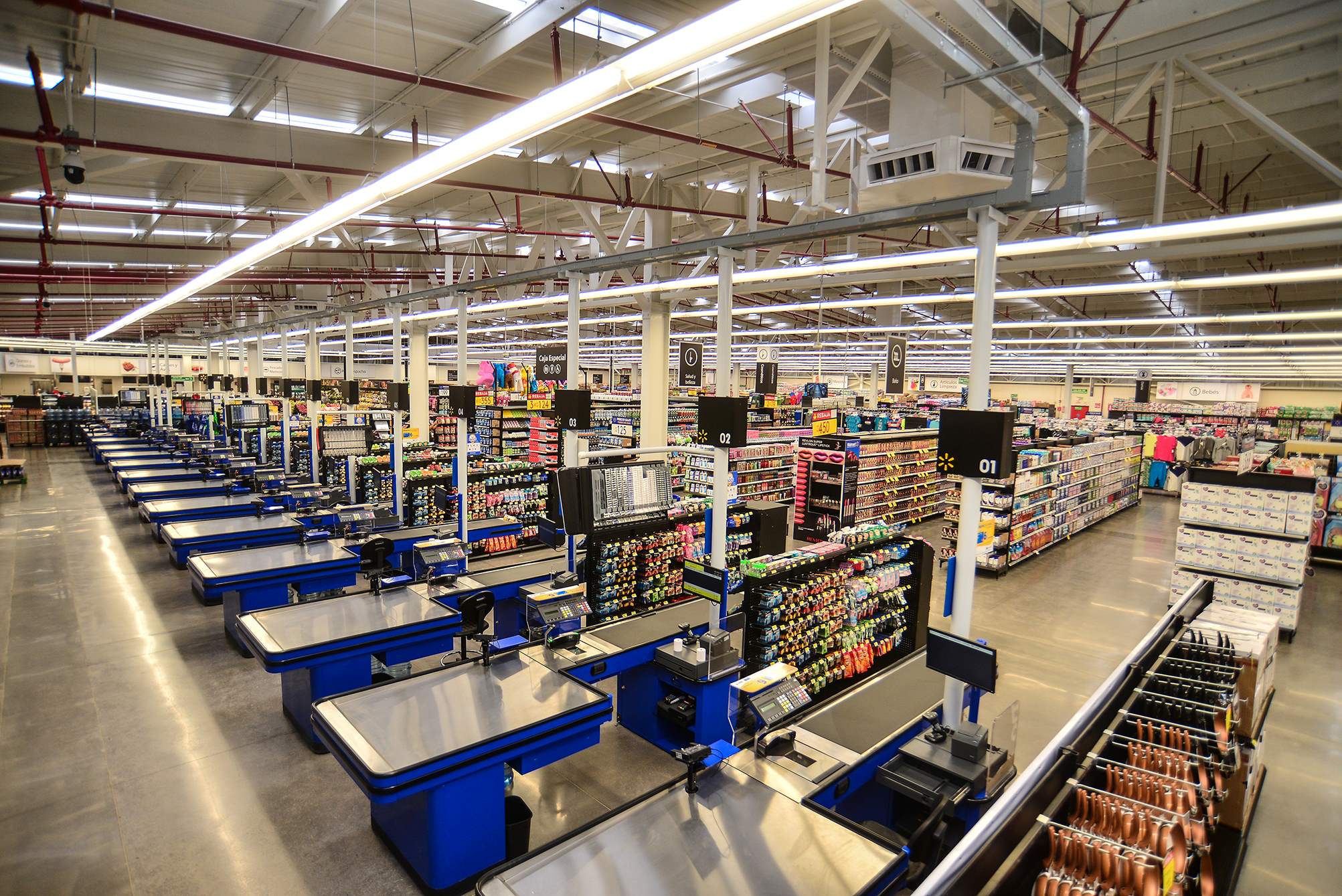
Renewable energy
Walmart's initiatives in the region include the generation of renewable energy through solar panels installed on the roofs of stores, plants and distribution centers, reaching a generation capacity of more than 20 million kWh per year.
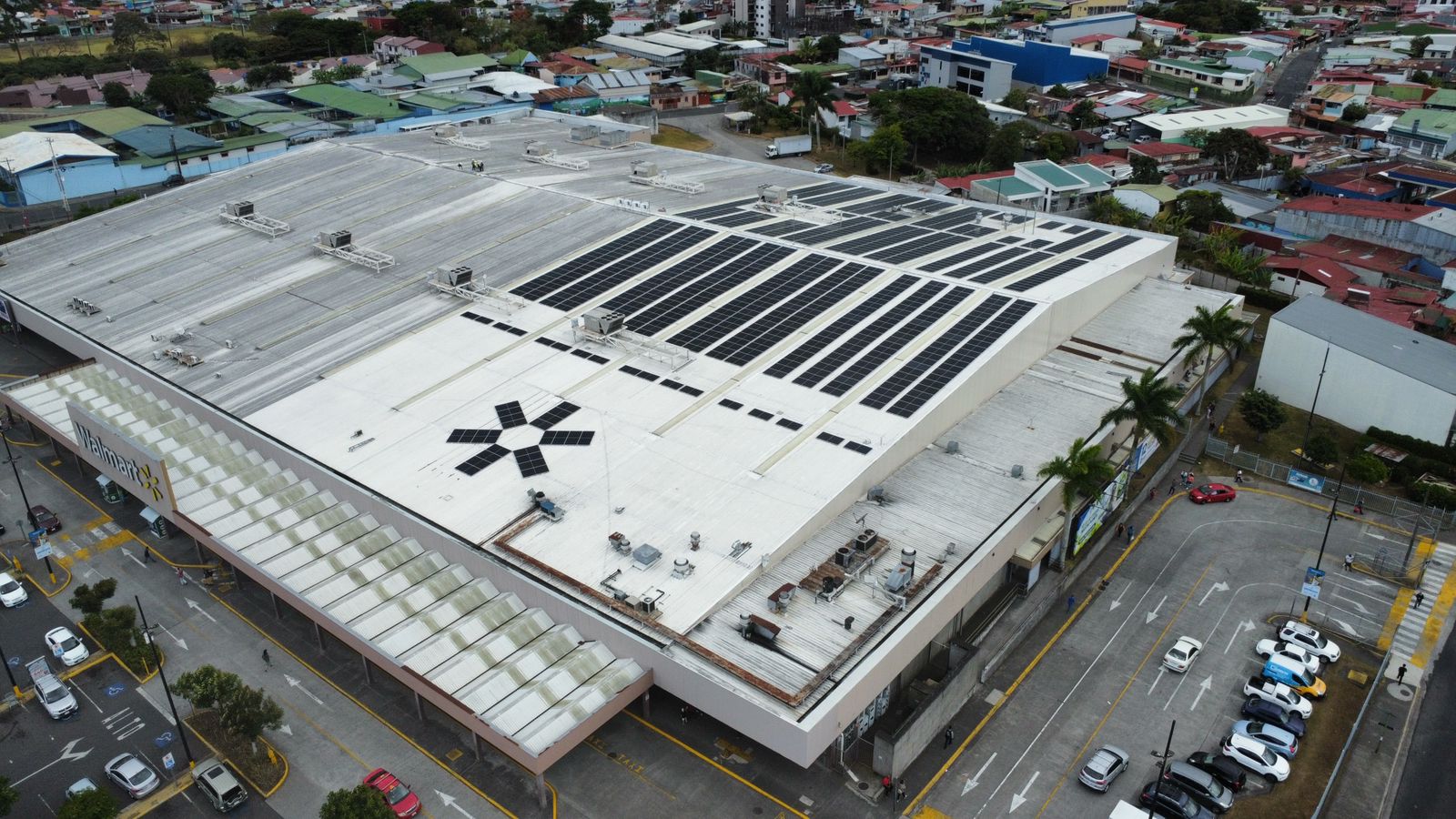
Reducing waste
Reducing the use of polluting materials such as plastic is another action carried out by the retail company, with its most prominent project being the elimination of single-use plastic bags in the checkout area of its stores, taking out of circulation more than 385 million non-reusable bags per year.
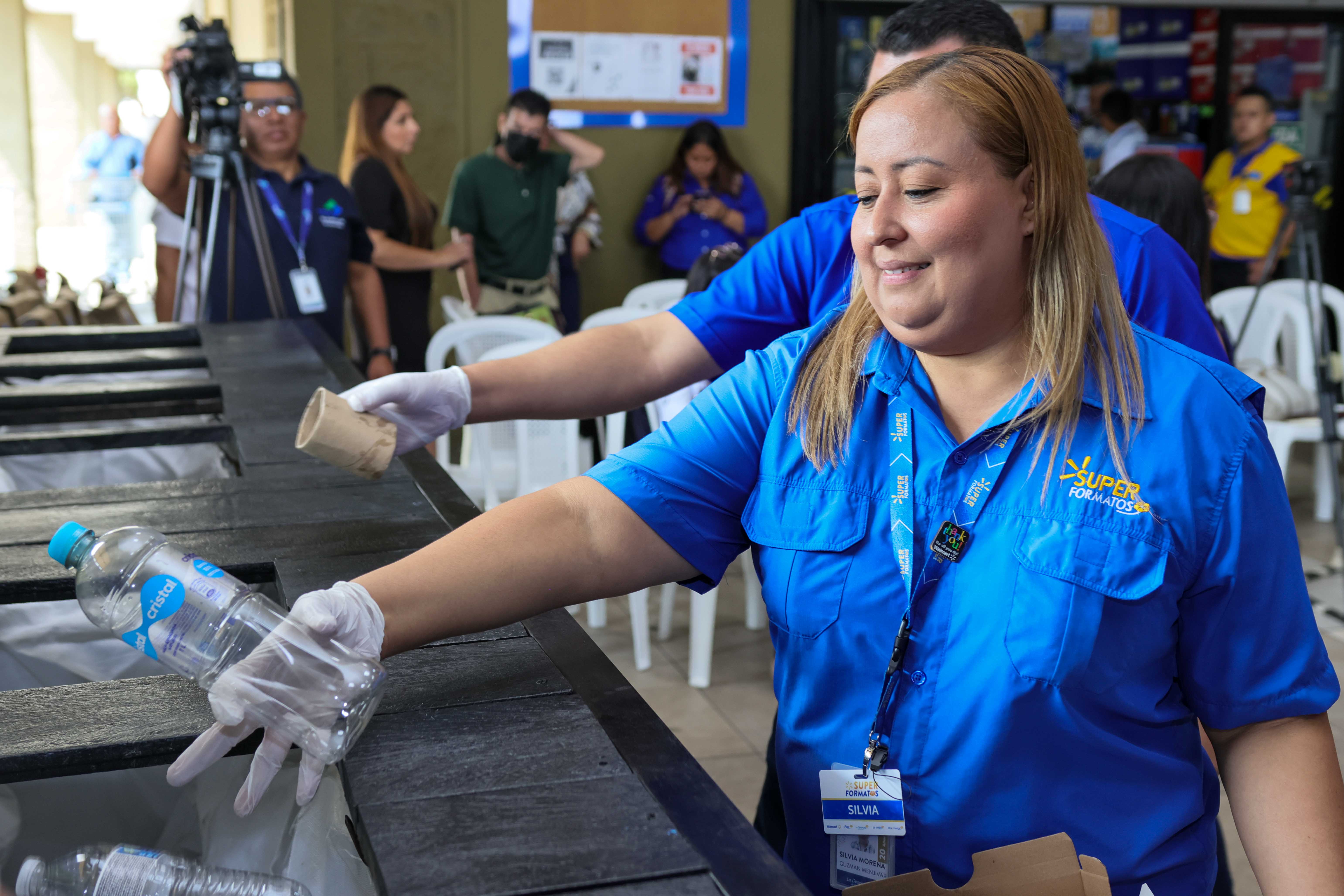
Recycling is another important point in mitigating the environmental footprint. In 2023, the company recycled more than 45,000 metric tons of plastic, cardboard, and other materials.
In addition, in alliance with its commercial partners, it has inaugurated 12 recycling stations located in its stores.
Walmart has a robust zero food waste policy, whose main objective is to donate food products in optimal conditions, but which, due to their appearance, cannot be sold. Thanks to this, in 2023, almost 7,000 metric tons were donated to food banks in Central America.
Efficient use of resources
Efficient use of energy and water are also essential components of Walmart's sustainability strategy. All of its new stores, remodels and replacements use refrigerants that generate 70% less greenhouse gases compared to traditional systems. In addition, its plants and distribution centers operate with natural refrigerants, which do not generate emissions.
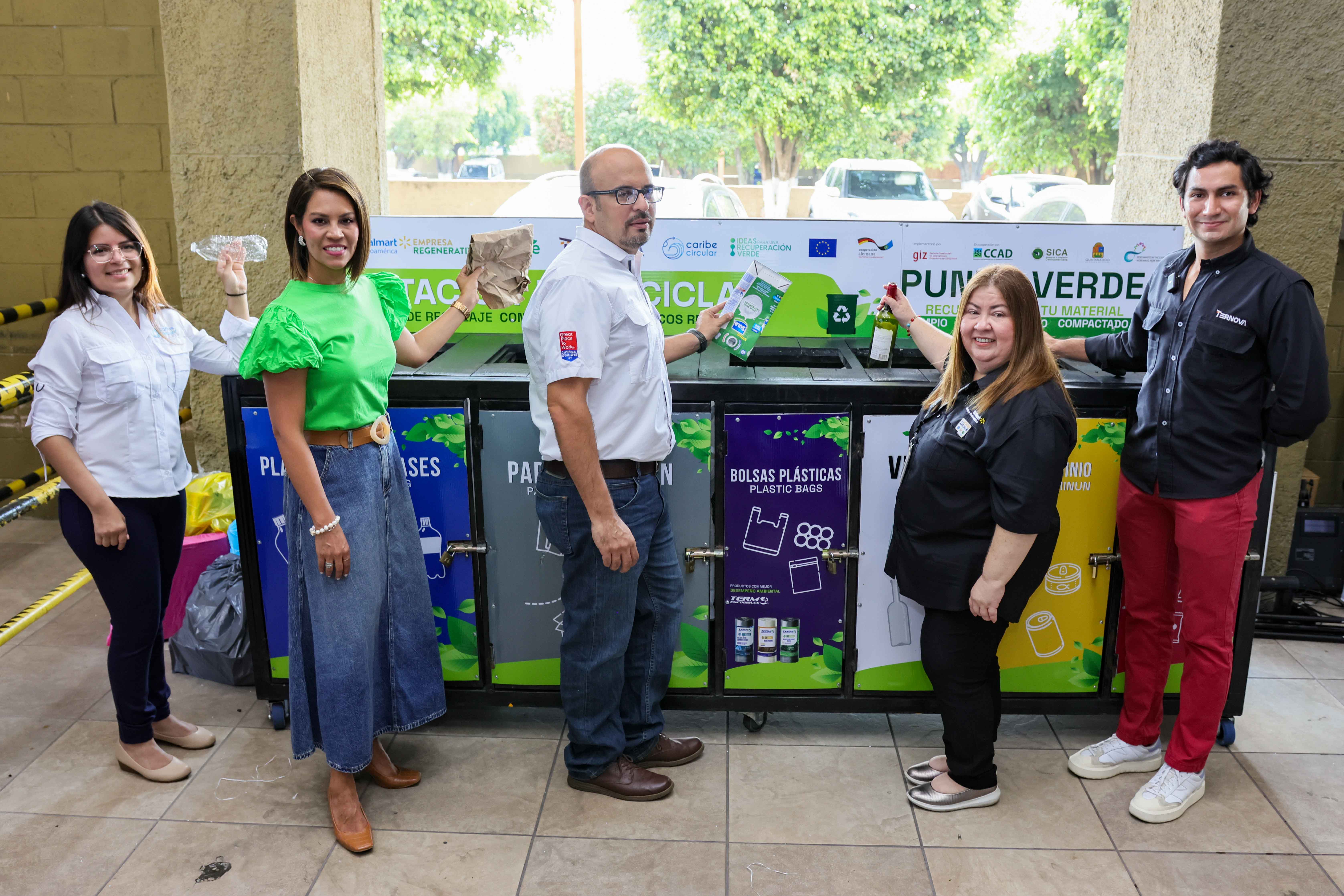
In addition, the stores have high-efficiency air conditioning systems and sanitary fixtures that optimize water consumption.
“We will continue to invest in renewable energy, improve our refrigeration, lighting and air conditioning technologies, minimize the use of plastics and food waste, and work closely with our business partners to optimize our supply chains by making them more efficient and sustainable”, said Marco Murillo, Walmart's sustainability manager in Central America.
Raw materials from sustainable sources
The paper products of its own brands, such as Suli and Supermax toilet paper, come from 100% recycled pulp or from certified sustainable forests. Likewise, 100% of its own-brand palm oil products come from certified sustainable plantations. In addition, a significant portion of its private label fishing and textile products come from certified raw materials from sustainable sources.
Walmart also develops projects in conjunction with its business partners, such as Aliados del Planeta, which promotes the consumption of products with environmentally friendly characteristics; and the Proyecto Gigatón, which has reduced 1 billion tons of greenhouse gases worldwide.
Walmart plans to continue with all its efforts in environmental sustainability for the coming decades, and thus fulfill its commitment to become a carbon neutral company by the year 2040.
Translated by: A.M
 English
English  Español
Español 
